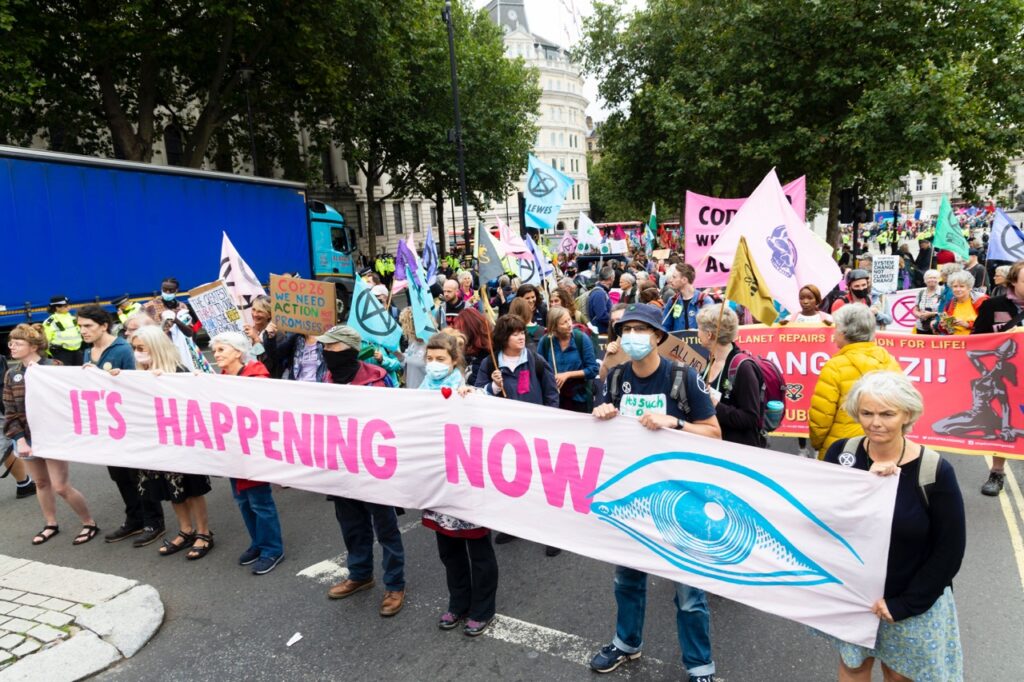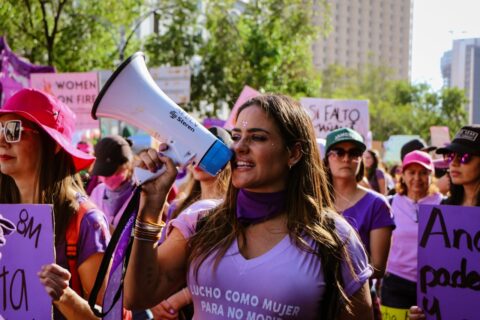The framework of International Human Rights Law (IHRL) is built on the foundation of the Universal Declaration of Human Rights (UDHR) and subsequent international covenants, treaties, and instruments. This legal structure guides the activities of the United Nations in promoting and protecting human rights globally. However, enforcing these rights remains a complex challenge due to various geopolitical and socio-economic factors.
Key Enforcement Mechanisms:
- United Nations Systems: The UN has established two types of human rights monitoring mechanisms: treaty-based bodies and charter-based bodies. Treaty bodies, comprised of independent experts, monitor the implementation of core international human rights treaties. Charter-based bodies include the Human Rights Council, Special Procedures, the Universal Periodic Review, and Independent Investigations.
- The Human Rights Council: This inter-governmental body, part of the UN system and consisting of 47 States, is responsible for the global promotion and protection of human rights.
- Universal Periodic Review: This unique process reviews the human rights records of all UN Member States.
- Special Procedures: These are independent human rights experts who report on and advise on both country-specific and thematic human rights issues globally.
- Human Rights Council Mandated Investigations: These commissions of inquiry and investigations respond to serious violations of international humanitarian and human rights law, aiming to promote accountability and counter impunity.
Challenges in Enforcement:
- Unilateral Power and Human Rights Crises: The unchecked power of authoritarian governments, as observed in Russia, China, and Afghanistan, leads to widespread human rights abuses, highlighting the need for robust global mechanisms to address these violations.
- Double Standards and Political Interests: World leaders, including those from superpowers, have at times traded away human rights obligations for short-term political gains or economic interests, as seen in cases involving Saudi Arabia, India, Thailand, and the Philippines.
- Domestic Failures Leading to Global Crises: Governments failing to uphold human rights obligations domestically often sow seeds of discontent and instability, escalating into larger crises. These situations reinforce the necessity of a vigilant and proactive international human rights framework.
- Shifting Power Dynamics: The changing global power landscape offers opportunities for various states to take the lead in promoting human rights, recognizing that cooperation and joint action can effectuate meaningful change.
- Corporate Responsibility: Global companies face increased responsibilities to address human rights issues, particularly in the context of events like the war in Ukraine and persecution in China’s Xinjiang province.
- Social Media and Democracy: The spread of political disinformation on social media platforms poses a significant threat to democratic values, necessitating a focus on the human rights implications of digital communication and technology.
In conclusion, while IHRL provides a comprehensive legal framework for the protection of human rights, its enforcement is challenged by geopolitical complexities, national interests, and evolving global dynamics. The effectiveness of international mechanisms in upholding human rights standards depends on the collective will and cooperation of states, civil society, and the private sector. As such, it is crucial to continually adapt and strengthen these mechanisms to address current and emerging human rights issues effectively.








